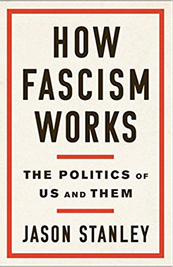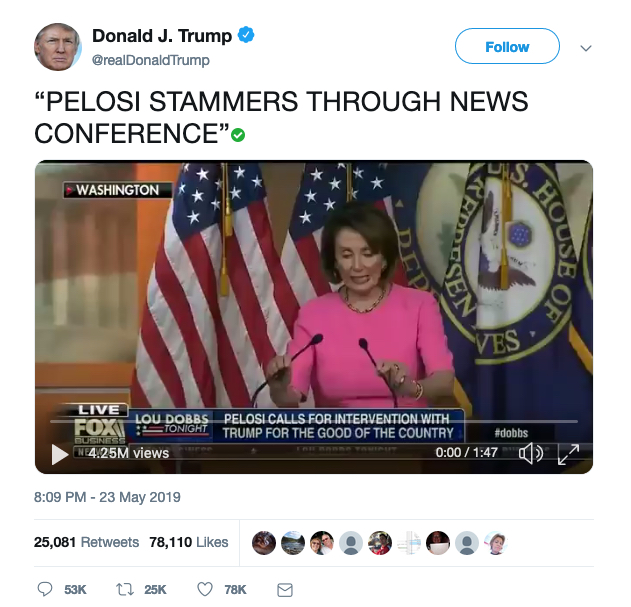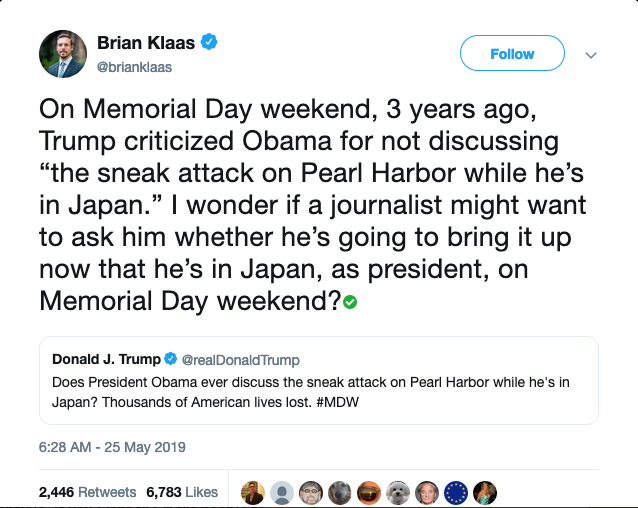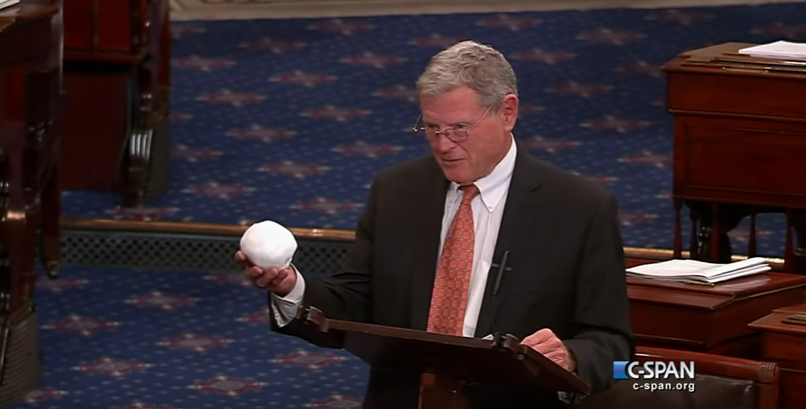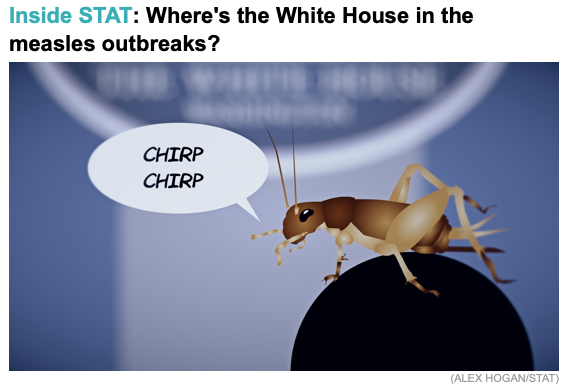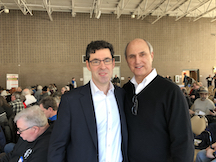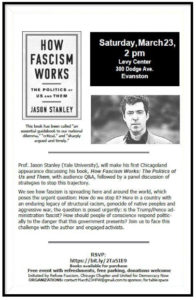Fake President – and Memorial Day
Reading time – 4:18; Viewing time – 6:54 . . .
The Fake President Part
He says “fake news” daily, but it isn’t about fake news, as the president and his drones would have you believe. It never was. Same for his attacks on our other institutions.
They want you to believe whatever they say that effectively undermines our sharing of power – our democracy – and I can prove it with just a few things that happened last week.
 “WASHINGTON (AP) — President Donald Trump on Thursday granted Attorney General William Barr new powers to review and potentially release classified information related to the origins of the Russia investigation, a move aimed at accelerating Barr’s inquiry into whether U.S. officials improperly surveilled Trump’s 2016 campaign.”
“WASHINGTON (AP) — President Donald Trump on Thursday granted Attorney General William Barr new powers to review and potentially release classified information related to the origins of the Russia investigation, a move aimed at accelerating Barr’s inquiry into whether U.S. officials improperly surveilled Trump’s 2016 campaign.”
At root, this isn’t about an investigation. There is no improper surveillance or corrupt FBI, because investigating is what the FBI does – it’s in its name – and it’s what they do to identify and catch bad guys.
Recall that our nation was cyber-attacked by a hostile foreign power solely to benefit the candidacy of Donald Trump. We’d have to be idiots not to look into a possible conspiracy.
So, this new power to declassify that Trump has given to Barr (and which has never before been delegated by a president) is actually about giving Barr the power to selectively release documents, to dis-empower our intelligence agencies and invalidate conspiracy investigations. It’s about trying to make Trump’s election win appear to be earned, even as we all know it’s phony. It’s about making the FBI look corrupt. Doing so is an effort to sabotage public confidence in the FBI in particular and government in general. That’s what fascist autocrats do – they demean government so that citizen loyalty gets shifted to the leader. Buy and read this book and you’ll understand.
“WASHINGTON — Julian Assange, the WikiLeaks leader, has been indicted on 17 counts of violating the Espionage Act for his role in obtaining and publishing secret military and diplomatic documents in 2010, the Justice Department announced on Thursday — a novel case that raises profound First Amendment issues.”
The First Amendment ensures several rights and freedom of the press is one of them. It is the only thing that ensures public accountability of government officials. It is the primary bulwark against totalitarianism. And our president has thrown tantrums for years about our national press, demeaning it by calling it “fake news”. Now he’s trying to cut the legs out from under our investigative reporters.
Trump’s fake news charge isn’t about the accuracy of reporting and it isn’t made solely out of pique; it is made to decrease your confidence in the press, to make you so skeptical that you’ll only listen to one person: the president. That’s what fascist autocrats do – they demean the press so that citizen loyalty gets shifted to the leader. Buy and read this book and you’ll understand.
Trump has the distinction of having such a profound absence of good judgment, that he posted this video. It is a doctored video of Nancy Pelosi, clearly an attempt to make her look old, enfeebled, perhaps mentally challenged.
This video is so transparently altered that we have to wonder why the President of the United States would have anything to do with it.
His current spat with Nancy Pelosi can be reduced to its playground bully essence, “I’m rubber, you’re glue. Everything you say bounces off me and sticks to you.”
The real dynamic, though, is that Trump is trying to undermine your confidence in both the Speaker of the House and the entire Congress, leaving the president as the only one for citizens to follow. That’s what fascist autocrats do.
In contrast, here’s the truth.
The FBI and its over 35,000 people are dedicated to protecting us from bad guys. They put their lives on the line for us every day. They’re the real deal.
Our mainstream press is the real deal, too, as they dig to separate truth from propaganda and lies and hold government officials accountable.
Congress surely is more complicated, but it is the branch of government that most closely represents We The People.
Trump is working every day toward the goal of becoming an autocrat, a dictator, like his bromance buddy Vladimir Putin, whom he believes blindly and more so than our entire intelligence community. He is attempting to undermine the pillars of our government and of our democracy itself, leaving only him to follow.
Despite Donald Trump’s inane and self-important proclamations, there is no corrupt FBI or brain-addled Speaker of the House or fake news. There’s just a fake president.
The Memorial Day Part
This is Memorial Day weekend. Sadly, our president scheduled a trip to Japan. So, instead of visiting Arlington National Cemetery to lay a wreath at the tomb of the unknown soldier on Memorial Day as representative of all of us paying our respects, he’s going to have a press conference with Prime Minister Shinzō Abe.
You and I can do better than that.
This is the day we set aside to honor our war dead, those who, in Lincoln’s words, gave their last full measure of devotion. They are among the heroes who made it possible for us to live the lives we do, so it’s fitting that we honor them.
So, display your flag – half-mast until noon, then at the top for the rest of the day. Go to the ceremony in your town and remove your cap as the bugler plays Taps. Thank the veteran sitting next to you for having had his buddy’s back. Stand and be grateful to these people. We owe them more than we will ever be able to repay.


————————————
Ed. Note: I don’t want money or your signature on a petition. I want you to spread the word so that we make a critical difference. So,
YOUR ACTION STEPS:
- Pass this along to three people, encouraging them to subscribe (IT’S A FREEBIE!).
- Engage in the Comments section below to help us all to be better informed.
Thanks!
Copyright 2026 by Jack Altschuler
Reproduction and sharing are encouraged, providing proper attribution is given.
